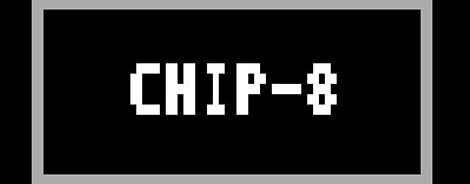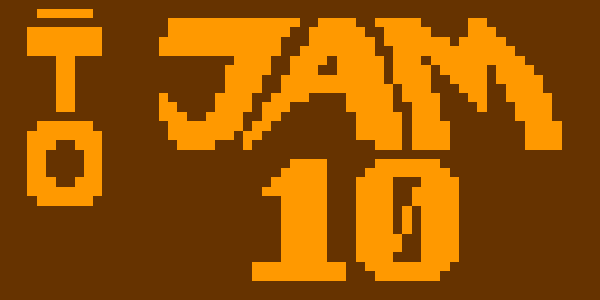
Classic computers are just up [Jeff]’s alley, so when he looked for a new project for his Pocket Mini Computer, he looked at one of the earliest microcomputers available: the COSMAC VIP, a 1.76 MHz beast from 1977.
The COSMAC VIP was a single-board educational computer released by RCA in 1977. Priced at just a hair under $300, the COSMAC was much more affordable than infamous $1300 ‘fruit’ computer also released that year. To get young programmers up and running quickly, the COSMAC came bundled with the CHIP-8 programming language, making it very easy to generate graphics on-screen for all the eventual PONG and Breakout clones.
[Jeff]’s COSMAC VIP runs on a Pocket Mini Computer, a very cool Parallax Propeller-powered board we’ve seen before emulate other retro computers including the venerable Commodore SID synthesizer chip.
Because the COSMAC’s user interface was the very, very old-school 4×4 hexadecimal keypad, [Jeff] found it necessary to emulate this retro feature by soldering his own 4×4 keypad. After soldering 16 buttons into 8 columns and rows, [Jeff] connected this keyboard to a PFC8574a I2C I/O expander and connected this chip to the I2C bus on the Pocket Mini Computer.
The result is an emulated COSMAC VIP that’s just begging for an ‘introduction to microprocessors’ class or just a round of Tetris, Tic-tac-toe, Lunar Lander, or one of the several Breakout clones available for this very cool computer. A pretty awesome build, even if it is from the dawn of the computer age.













